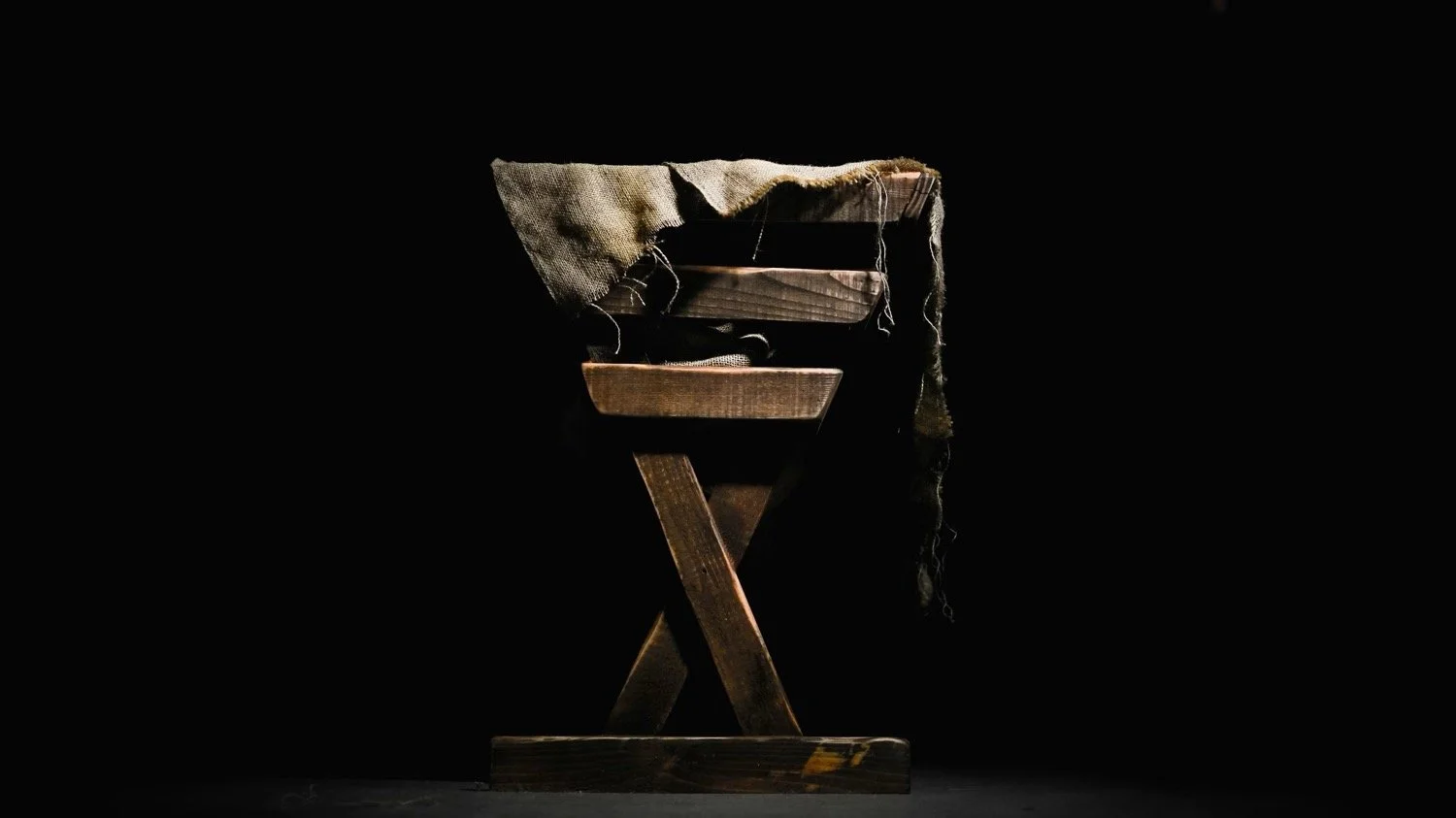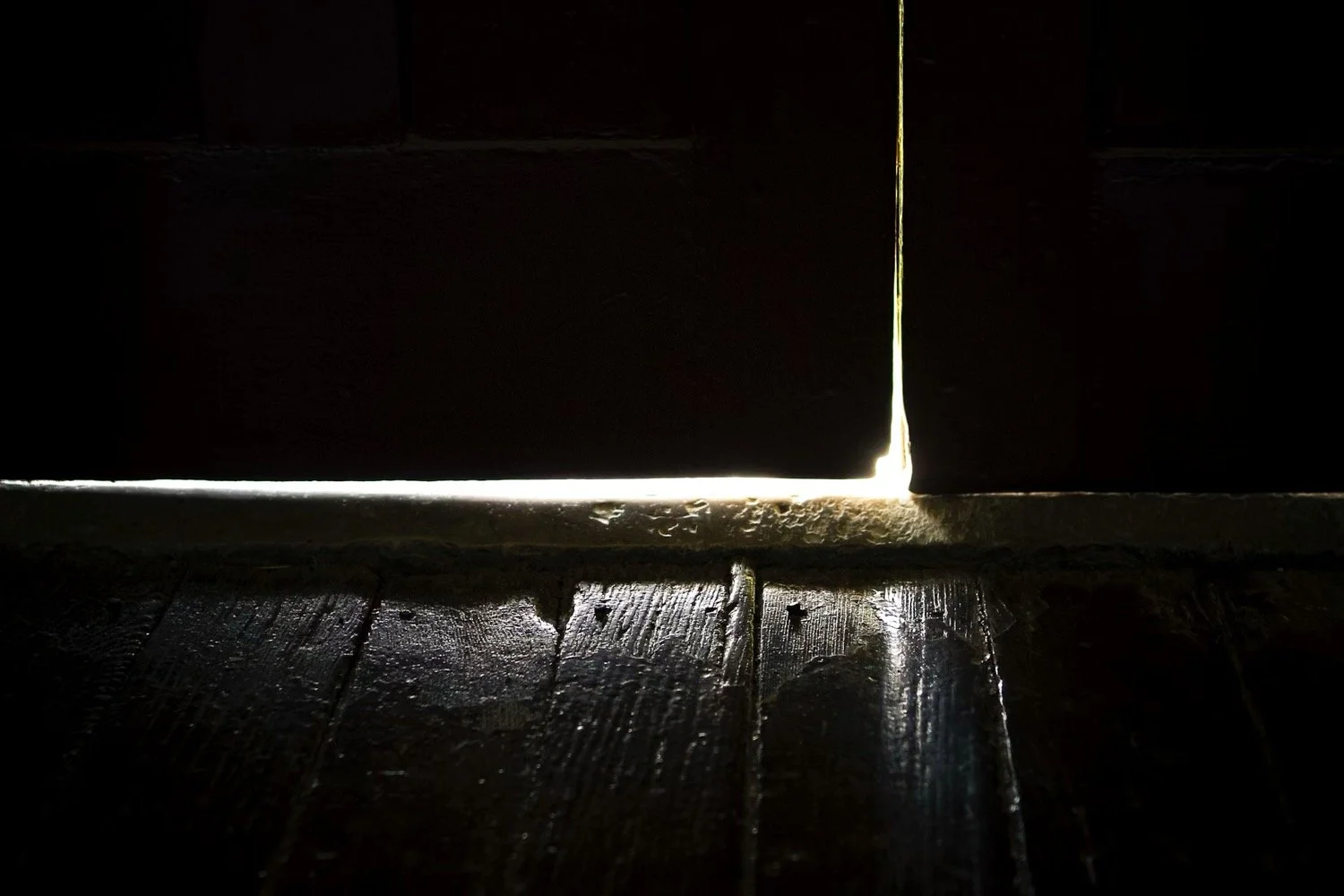Readings for today: Numbers 26-27, Mark 8:22-9:1
Today’s reading is filled with a lot of names. The genealogies of Israel. Not easy reading. These are some of the harder sections of Scripture to get through simply because they feel so remote. After all, we don’t feel a connection to these people or these particular tribes or these particular families. Sure, we acknowledge they are our spiritual mothers and fathers but there’s very little information about most of these names so it’s hard to feel any kind of tie. However, a careful reading reminds us that behind every name is a story. And behind every story is a powerful testimony of God’s faithfulness.
For example, consider the case of Zelophehad’s daughters. “Now Zelophehad the son of Hepher had no sons, but daughters. And the names of the daughters of Zelophehad were Mahlah, Noah, Hoglah, Milcah, and Tirzah.” (Numbers 26:33) Their story is a remarkable testimony and worth recapping again…
Five women appear before the gathered leadership of Israel at the Tabernacle to present one of the earliest recorded lawsuits in history. Their claim? Their father died without a male heir which means his inheritance is now in jeopardy. He was not part of the rebellion of Korah so they have legitimate standing to bring his case before the Lord. And they ask Moses to grant them their father’s property rights so they can preserve the family line.
I cannot imagine the courage this course of action must have taken. Mahlah, Noah, Hoglah, Milcah, and Tirzah knew very well that women did not have any rights in the ancient near east. Not in Israel and certainly not in the nations that surrounded them. Women were considered property in that time. Not even counted as human beings. At the death of their father or brothers or husbands, they were not entitled to any inheritance and were often left destitute. Fast forward a few centuries and we see this scene play itself out in the book of Ruth where Naomi loses not only her husband but also her two sons, leaving her to fend for herself.
So imagine you are one of these five women. Raised to believe you have no rights. Your primary value is to bear sons to your future husband so his family line can be preserved. Now imagine making the decision to approach Moses and the gathered leadership of Israel in front of the Tabernacle itself to present your case. You know what you are about to do has never been done. You know what you are about to ask for has never happened before. You know there’s a good chance your petition will fail but you courageously step forward anyway. You argue persuasively for the preservation of your father’s inheritance and you make the audacious claim to be counted among your father’s brothers.
I would have loved to see the look on Moses’ face. Was it shock? Confusion? Did he smile at the women’s boldness? There is no indication in the text one way or another. What we do know is Moses recuses himself and takes their petition to the Lord. This, in itself, is a strong affirmation of the women. And then there is the response from God. I have to believe their courage brought joy to His heart and He issues a new law for Israel. From this point forward, “If a man dies and has no son, then you shall transfer his inheritance to his daughter.” (Numbers 27:8) A statute still used today as legal precedent by the American Bar Association.
The Bible is a history of God’s interactions with many different human cultures. Human culture, by definition, is always corrupt and unjust. Thankfully, God condescends to speak to us through our unique culture but is also always at work bending the arc of human history towards justice. Towards righteousness. Here is a clear case where God honors the rights of women, granting them a unique status when compared to other ancient near east societies. There is a direct line between the daughters of Zelophehad and Deborah who served as judge and spiritual leader for all of Israel. A direct line between the daughters of Zelophehad and the female disciples who gathered round Jesus and remained faithful to Him even to the end when all the other male disciples had long since fled. A direct line between the daughters of Zelophehad and the women Paul affirms like Priscilla, Phoebe, and Junia who was “excellent among the apostles.” God is still doing this work today as women continue to be affirmed as strong and gifted leaders across all sectors of human society
Readings for tomorrow: Numbers 28-29, Mark 9:2-29




